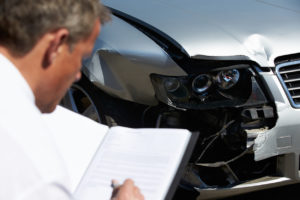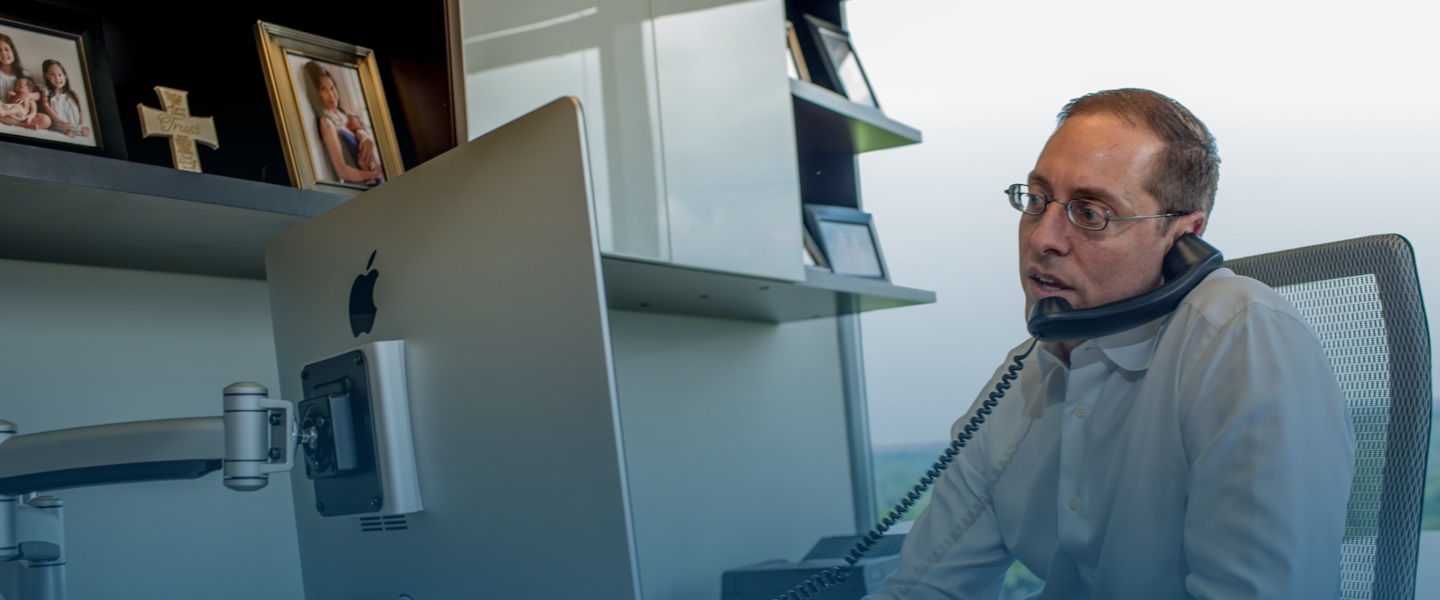PIP Insurance

“No-fault” auto insurance states require their motorists to purchase PIP (personal injury protection) insurance. Georgia, however, is an “at fault” auto insurance state, not a “no-fault” state. Nevertheless, Georgia offers PIP insurance as optional coverage.
How “At-Fault” States Handle Auto Insurance Claims

In an “at-fault” auto insurance state such as Georgia, you can sue the at-fault driver immediately. Most claimants simply file a third-party claim against the at-fault driver’s liability insurance policy and then try to negotiate a settlement.
Mandatory Auto Accident Insurance in Georgia
Georgia’s mandatory auto accident insurance includes coverage for:
- Bodily Injury Liability: $25,000 per person and $50,000 total per accident; and
- Property Damage Liability: $25,000 per accident.
Certain drivers, such as commercial truckers, must carry more coverage. These are all liability insurance policies and they don’t cover the policyholder’s own losses as PIP insurance does.
What PIP Insurance Covers
PIP insurance covers:
- Medical treatment for the driver and all passengers. It also covers your medical expenses if you fall victim to a pedestrian accident.
- Continuing medical expenses such as rehabilitation, physical therapy, medication, and medical equipment.
- Lost earnings, including long-term occupational disability if your accident leaves you unable to return to your previous job.
- Funeral expenses in the event of wrongful death.
- Essential services such as child care or housework.
It is worth repeating that PIP insurance does not cover your liability towards the other driver. It covers you and your passengers only.
PIP and Comparative Fault
When more than one party is to blame for the accident, Georgia’s comparative fault system kicks in to apportion fault between the parties. PIP can help you if you bear partial or full liability for your own damages
How Comparative Fault Works
Under Georgia’s version of the comparative fault system, any party whose fault equals or exceeds 50% will receive no damages. A party whose percentage of fault is less than 50% must pay whatever percentage of their own damages that equals their percentage of fault (20%, for example).
Does PIP Cover Your Damages When You Were at Fault?
Yes. Whether you were partly at fault, 50% at fault, or 100% at fault, PIP will cover your damages up to the coverage limit stated in your policy.
PIP, HIt-and-Run Accidents, and Uninsured/Underinsured Motorists
Normally, the victim of a hit-and-run driver is out of luck if the driver is never found. If you have PIP insurance, however, you enjoy coverage up to the limits of your policy even if you never identify the driver.
About 12 percent of Georgia motorists are uninsured. Many more purchase only the statutory minimum auto insurance, which could leave them without enough resources to pay a large claim. PIP insurance can make up the difference.
Can I Still File a Lawsuit If the Other Driver Was Mostly at Fault?
Yes, but you are only entitled to one recovery. Your PIP insurance company might seek reimbursement if you would otherwise end up with more than the amount of your claim due to you receiving compensation from more than one insurance policy.
When to Contact a Lawyer
You might be able to handle a small fender-bender claim on your own. If you suffered an injury, however, you might need a lawyer. You will almost certainly need a lawyer under the following complicating circumstances:
- A DUI accident;
- The state government, for example);
- An accident where both drivers were at fault;
- A case with a second defendant (an alcohol vendor, a social host, the defendant’s employer, etc.);
- A case where the government is a defendant;
- A product liability lawsuit against a manufacturer;
- An uninsured driver with personal financial resources;
- An accident in which you suffered heavy losses;
- An accident that caused you great pain and suffering (which can be difficult to prove); or
- An accident where a large portion of your losses arose from whiplash or another soft tissue injury.
A personal injury lawsuit is much more complex than a case that goes to small claims court. If the insurance company realizes that you are not ready for court, they will likely refuse to settle with you. We can help solve that problem for you.
Why Contact a Lawyer?
Retaining the services of a car accident lawyer can increase your settlement or judgment by much more than enough to pay your lawyer’s legal fees. Even if you intend to settle out of court, your lawyer can do the negotiating for you.
What’s more, you don’t need to pay your personal injury lawyer in advance. Your legal fees come out of your compensation, and if you don’t win, you don’t pay anything.


